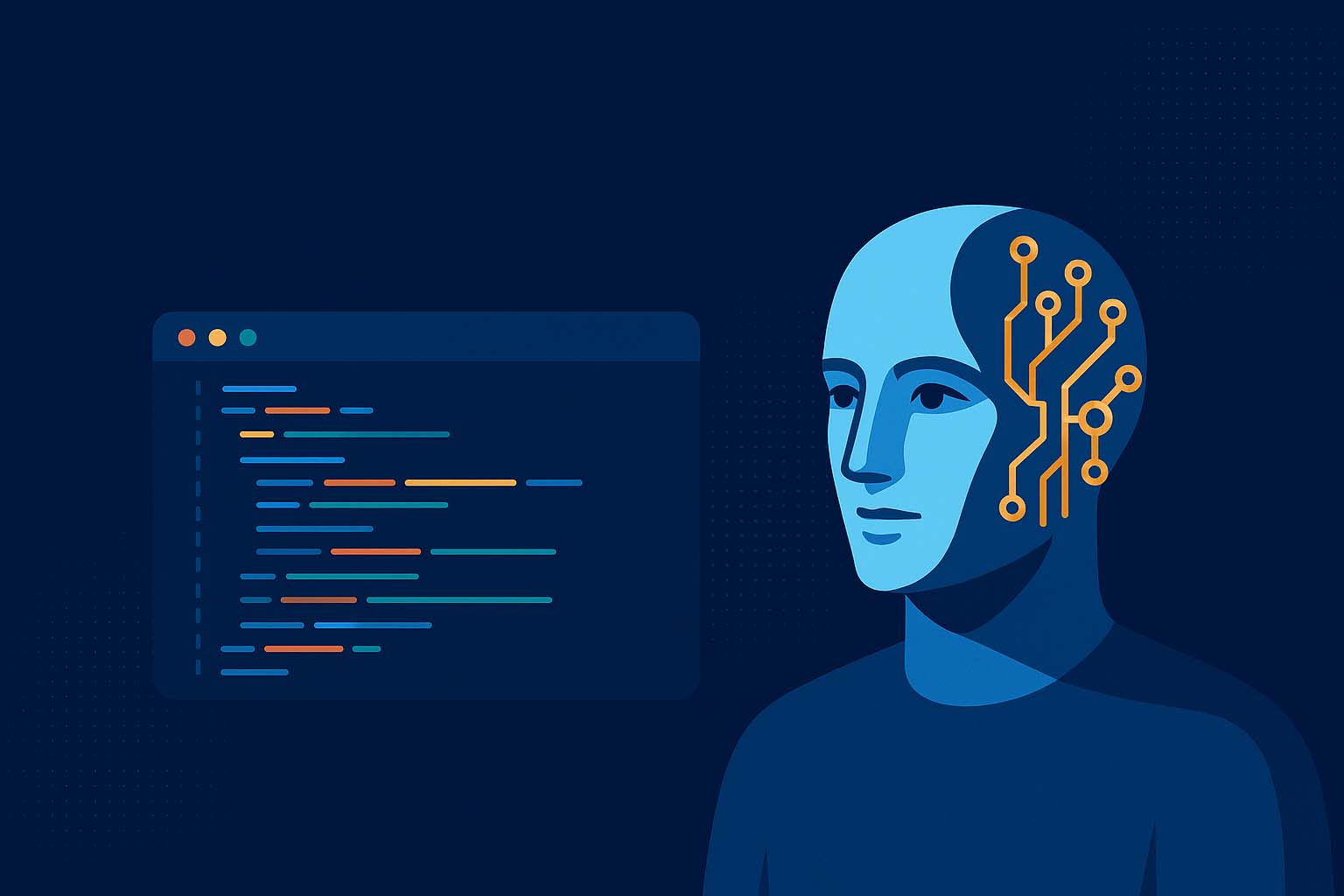It’s not hype anymore—AI coding assistants are transforming software development in real time. In 2025, they’re no longer just helpers at your keyboard. They’re collaborators. Strategists. In a few years? They might be your team’s fastest junior dev, your most efficient QA tester—and maybe even your tech lead’s second brain.
Here’s what’s happening now—and where it’s going next.
Today’s Reality: From Prompt to Production
The shift began with GitHub Copilot. Now it’s a full-blown revolution. The new wave of AI tools don’t just autocomplete—they understand your repo, debug your code, and suggest architectural changes before you even ask.
Current capabilities in 2025:
- Write full APIs or React components from scratch—based on natural language
- Debug multi-file logic errors with full context awareness
- Auto-generate tests, docs, and refactors with zero boilerplate
- Summarize and review pull requests with reasoning
These tools are saving devs hours per day—and making senior-level thinking accessible to juniors. We’re already seeing productivity gains of 30–70% across teams.
The Top AI Dev Tools Shaping the Future
| Tool | Strength | Who’s Using It |
|---|---|---|
| GitHub Copilot Enterprise | Contextual reasoning, secure suggestions, PR logic | Enterprise dev teams |
| Cursor AI | AI-native IDE with real-time debugging & agents | Solo devs, startups, researchers |
| StarCoder2 | Open-source, runs locally with private codebases | Regulated industries, privacy-first devs |
| CodeGemma | Lightweight and fast—ideal for embedded AI | IoT, edge, and mobile development |
Note: Expect to see enterprise LLMs trained on proprietary codebases by the end of 2025.
Beyond the IDE: What’s Coming Next
AI dev tools are heading toward a new paradigm: agentic autonomy.
What does that mean?
- LLMs that break down a Jira ticket, plan an implementation, and start writing code
- Assistants that run tests, deploy services, and file bug reports automatically
- Agents that learn your team’s coding style—and enforce it across the stack
- Tools that monitor your CI pipeline, detect regressions, and suggest rollbacks
By 2026, you may hire your first “AI intern”—an autonomous development agent trained on your internal tools, tech stack, and engineering playbook.
Risks and Rewards: What to Watch For
Like any seismic shift, this one isn’t risk-free. Among the challenges ahead:
- AI hallucinations that silently introduce bugs
- Security vulnerabilities in generated code
- Team over-dependence on tools without review
- Open-source license contamination risks
But the rewards are huge: faster sprints, fewer manual errors, accelerated onboarding, and global collaboration powered by code-literate AI.
Get Ready: Your Dev Stack in 2026
The modern development workflow will soon look like this:
- Natural language → code → tests → CI → docs — all auto-generated
- LLM copilots that adapt to your project and evolve with your team
- Secure-by-default AI agents that enforce best practices
- Open-source + private LLM fusion for full-stack intelligence
The future dev team = Human creativity + AI execution.
Closing Thought
AI won’t just change how we write code. It will change who writes it, how they collaborate, and what’s possible to build in a week vs. a year.
This isn’t the future of coding. This is the new normal. If you’re not coding with AI yet—you’re already behind.


Leave A Comment